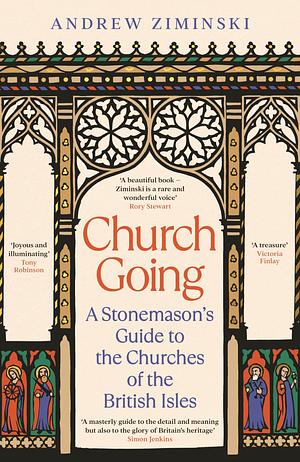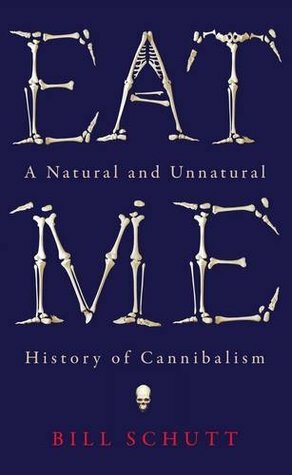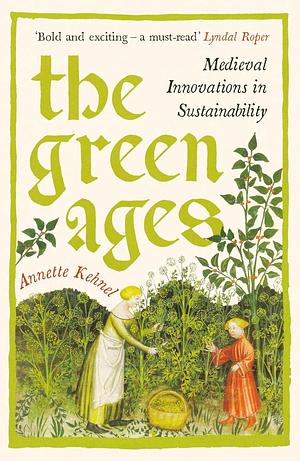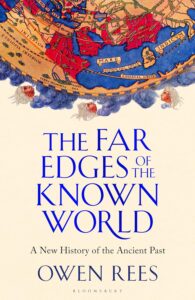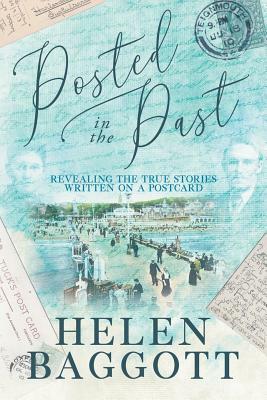
Posted in the Past: Revealing the True Stories Written on a Postcard
by Helen Baggott
Genres: History, Non-fictionPages: 286
Rating:

Synopsis:Posted in the Past - the man who helped prepare Kitchener's last meal and other true stories.
A young pupil writing to a teacher, a courting couple that might get married, a 10-year-old servant working for a laundress in 19th-century Bath, a maid who worked for Edward VII's doctor - all are connected by messages sent using the first real social media phenomenon of the 20th century.
Using a genealogist's toolbox, Posted in the Past reveals the stories behind postcards sent more than a hundred years ago. Families who emigrated across the Atlantic to America and Canada, those who returned, and those who found tragedy aboard RMS Empress of Ireland in an event that could only be eclipsed by that of Titanic's, are remembered through postcards.
The safe arrival of a precious grandchild, a train delayed by the first national rail strike, bad weather, good luck - messages that go beyond 'wish you were here?' and open the door to the past. Weavers, button makers, butlers, motor bus drivers, a fitter of sanitary appliances and even the owner of a steamship - industrious employment from mills to the sea and all revealed in Posted in the Past.
Have you ever watched Who Do You Think You Are? and A House Through Time and thought about researching your own family's history? Perhaps you've started a family tree and soon become stumped? Posted in the Past is sure to ignite your enthusiasm to learn more about your own history. As well as revealing the stories behind the postcards, Posted in the Past also shares how some of the research was completed, providing tips for the beginner genealogist.
The book is illustrated with black and white images of both sides of the postcards and can be viewed in colour on a blog that accompanies the book.
Helen Baggott’s Posted in the Past focuses more on the genealogy of the senders/recipients of the postcards she discusses rather than the actual stories of the postcards themselves. In part that makes a lot of sense — most postcards are fairly prosaic due to the small amount of space to write, and the ephemeral details they often contain are hard to track down.
Still, it doesn’t make for the most riveting reading, alas. Each story is much like the last, varying only in the details, even down to the kind of detective work needed to discover the connections between people. There were some neat connections made — a realisation that one postcard was actually related to another card in the author’s collection — but overall, I found it more interesting to look at/read the postcards and try to fill in the details a bit, rather than reading the genealogy stuff.
I’m certain it has an audience, though, it’s just not me!
Rating: 2/5 (“it was okay”)

